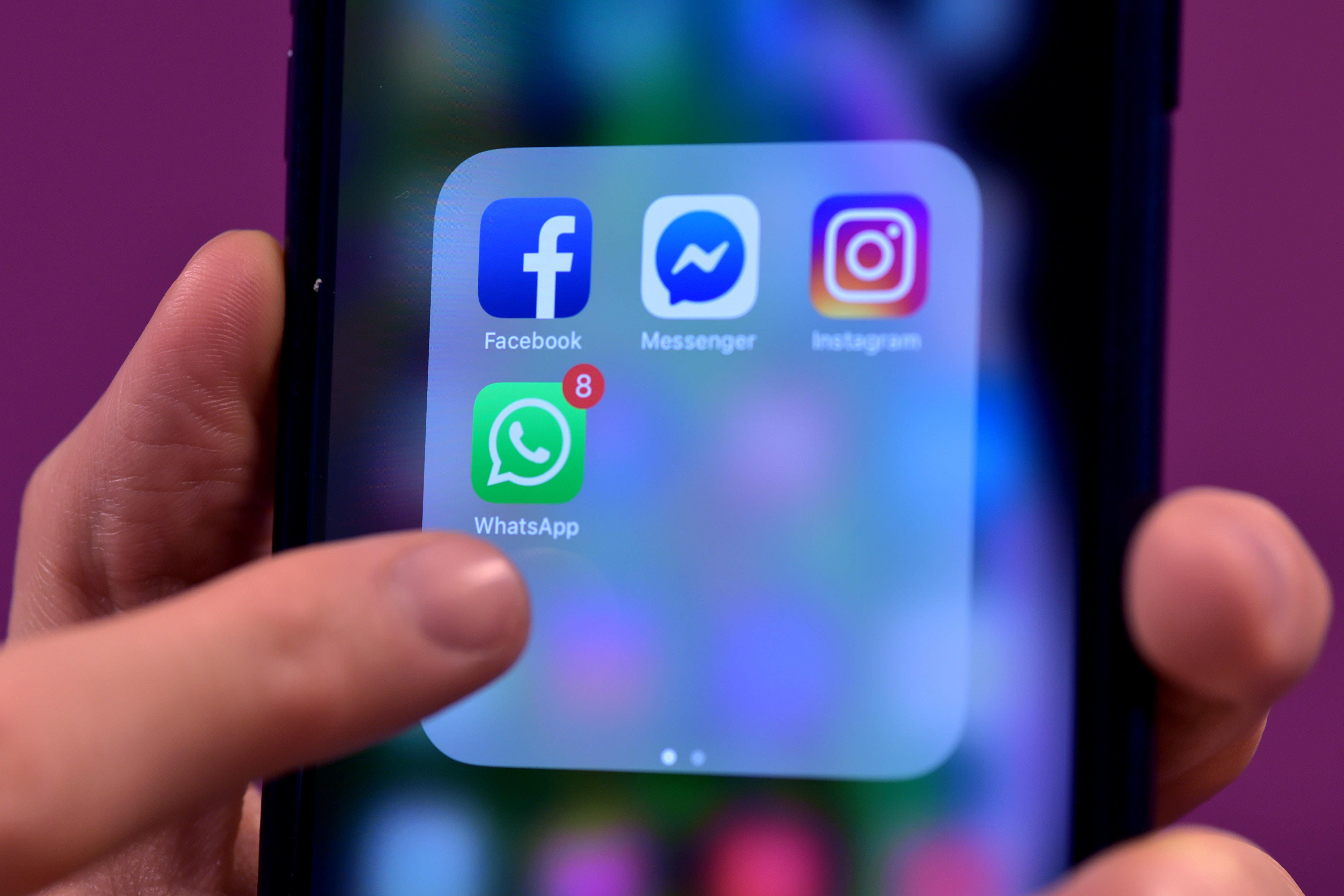Passive scrolling on social media leads to anxiety and depression – new study
This compared to more active users of social media, researchers found.

Your support helps us to tell the story
From reproductive rights to climate change to Big Tech, The Independent is on the ground when the story is developing. Whether it's investigating the financials of Elon Musk's pro-Trump PAC or producing our latest documentary, 'The A Word', which shines a light on the American women fighting for reproductive rights, we know how important it is to parse out the facts from the messaging.
At such a critical moment in US history, we need reporters on the ground. Your donation allows us to keep sending journalists to speak to both sides of the story.
The Independent is trusted by Americans across the entire political spectrum. And unlike many other quality news outlets, we choose not to lock Americans out of our reporting and analysis with paywalls. We believe quality journalism should be available to everyone, paid for by those who can afford it.
Your support makes all the difference.Young adults who use social media to browse content of other users are more likely to experience anxiety, depression and stress than more active users who share their own content, according to a new study.
Researchers surveyed 288 people aged between 18 and 34 to understand how different styles of engagement with social media impacted on feelings of loneliness and psychological distress.
Dr Constantina Panourgia, senior lecturer in developmental psychology at Bournemouth University (BU), said: “According to the Office for National Statistics, the highest levels of loneliness are found in young adults.
“Social media holds significant importance for this group of young people – while some individuals talk highly about it, others demonise it.
“Previous studies have tended to look at specific platforms or the amount of time spent online.
“However, our aim was to delve deeper and investigate the different ways in which people engage with social media, regardless of which platforms they use.”
For the study published in the journal Behaviour and Information Technology, three types of social media use were looked at.
These were passive (users who exclusively browse content posted by other users), active non-social (users who post their own content but do not have direct engagement with other users), and active social (posting own content and interacting with other users’ posts).
The findings showed that increased passive social media use was linked to higher levels of anxiety, depression and stress while creating and sharing content but without interacting directly with others online (active non-social) had a positive impact on stress.
Zoe Taylor who led the study whilst a student at BU said: “We noted that the manner in which users engage with social media plays a crucial role in their psychological wellbeing.
“Individuals who passively use social media tend to experience greater feelings of loneliness which can subsequently lead to increased psychological distress.”
Dr Panourgia added: “Passive social media use does not provide opportunities for communication and self-disclosure which are known to promote connectedness and social support.
“So, users may feel isolated and excluded, leading to exacerbated feelings of loneliness and consequently to increased levels of stress, anxiety and depression.”